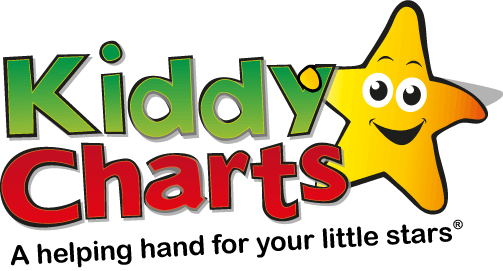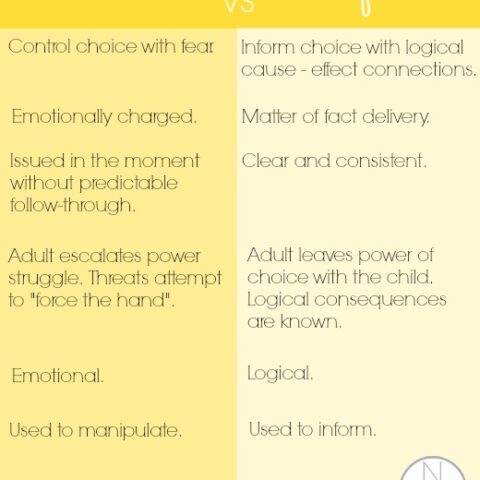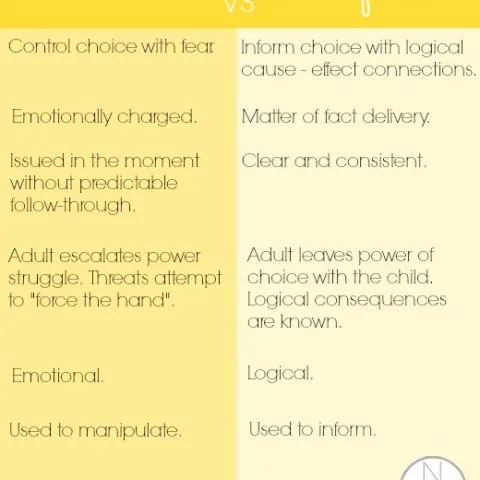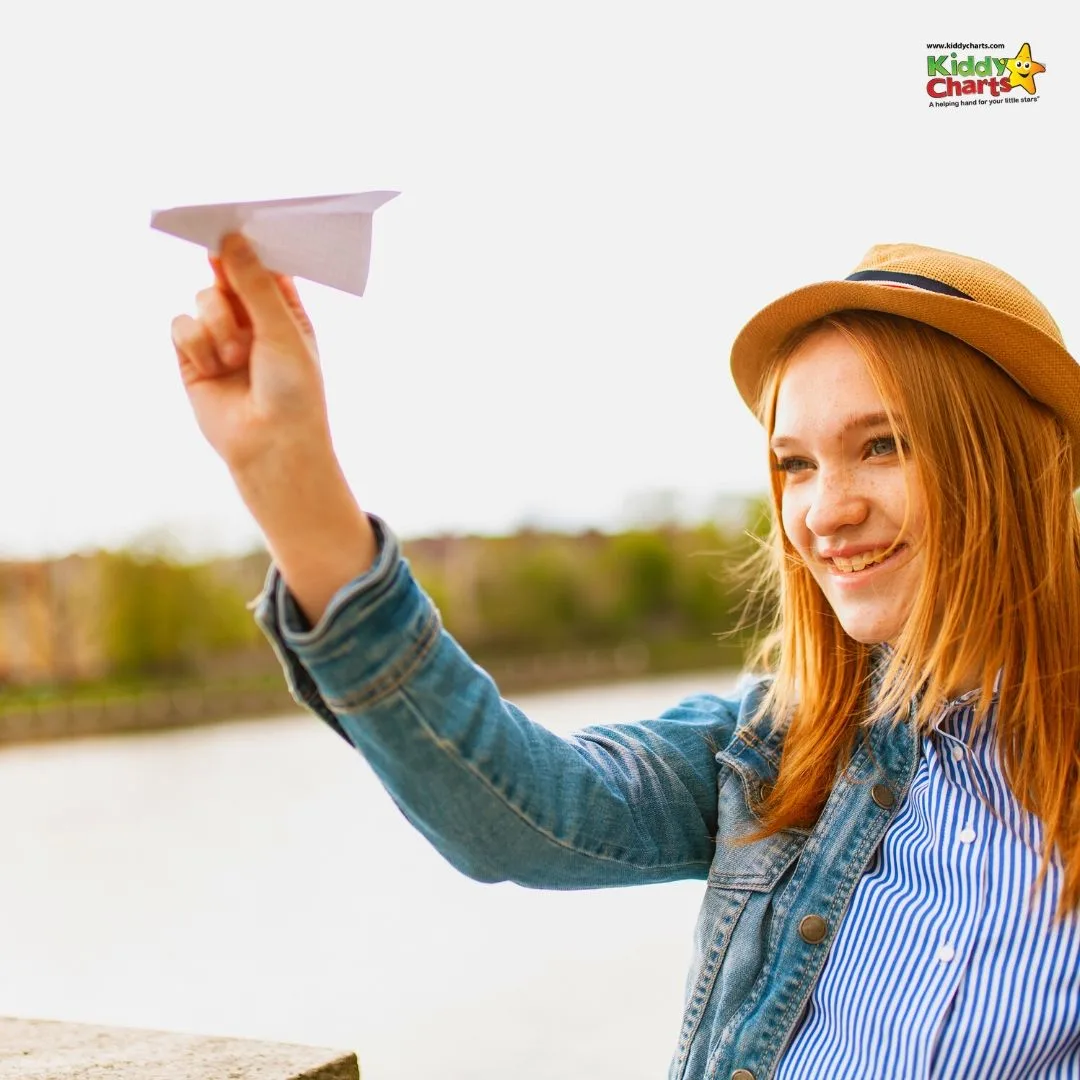Hello, and welcome to another parenting post! We recently wrote about positive parenting and shared with you 5 positive parenting tips. These tips are simple changes that you can incorporate into your day to day life to help you in your journey to be the best parent you can be.
One of the tips that we shared was natural consequences. In this post we want to talk about that more in depth and discuss what natural consequences are and how to use them in parenting.
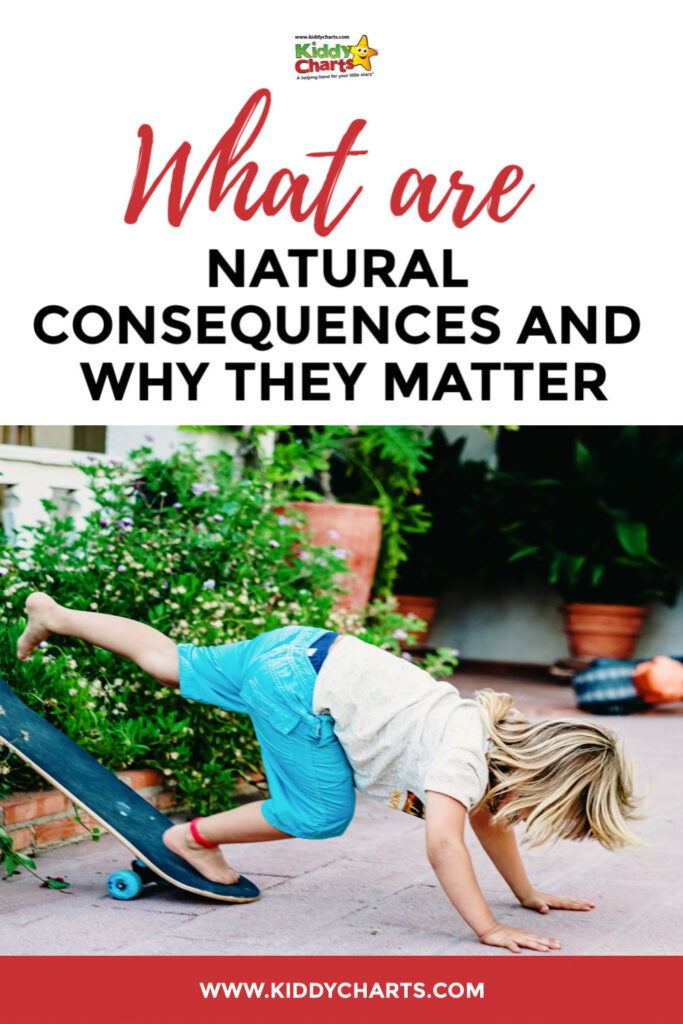

What are natural consequences?
The concept of natural consequences is quite simple, really. It is based on cause and effect. For every action there will be an equal or opposite reaction. For example, if your kid forget their lunch they will be hungry. If they don’t tie their shoe laces they may trip up, and so on.
These natural consequences happen without any intervention from the parent. This means that they aren’t tied to any unwanted behaviour.
If a kid throws a toy across the room it will break. That’s the cause and effect principle and thus a natural consequence. If they throw a toy across the room they will get told off. That’s not a natural consequence, but a logical consequence.
Why are natural consequences important?
Natural consequences give your child the opportunity to learn resilience. By allowing natural consequences to happen your child will learn to have more faith in themselves and know they are capable of recovering from different life situations.
Something that I read once that I found quite interesting is that by coming to our children’s rescue we are essentially telling them that they are incapable of dealing with things themselves. This resonated with me quite a lot because I value independence and self-sufficiency and want my kids to have those traits.
What is your role?
Now that you know more about natural consequences you may be wondering what your role is. After all, this type of consequences requires very little from you. Here is what you can do and what you maybe should steer clear of when dealing with natural consequences.
Don’t rescue – as tempted as you may be to rescue your child from whatever happened, don’t!
That being said …
Do show empathy for their predicament.
Avoid lecturing your kid and shaming them. They already know what they’ve done wrong. And do offer comfort and empathy.
If they forgot their lunch, and they have been hungry all day then why not validate their feelings (both of being hungry, and probably feeling silly about forgetting their lunch) and make them a snack to help fill that tummy.
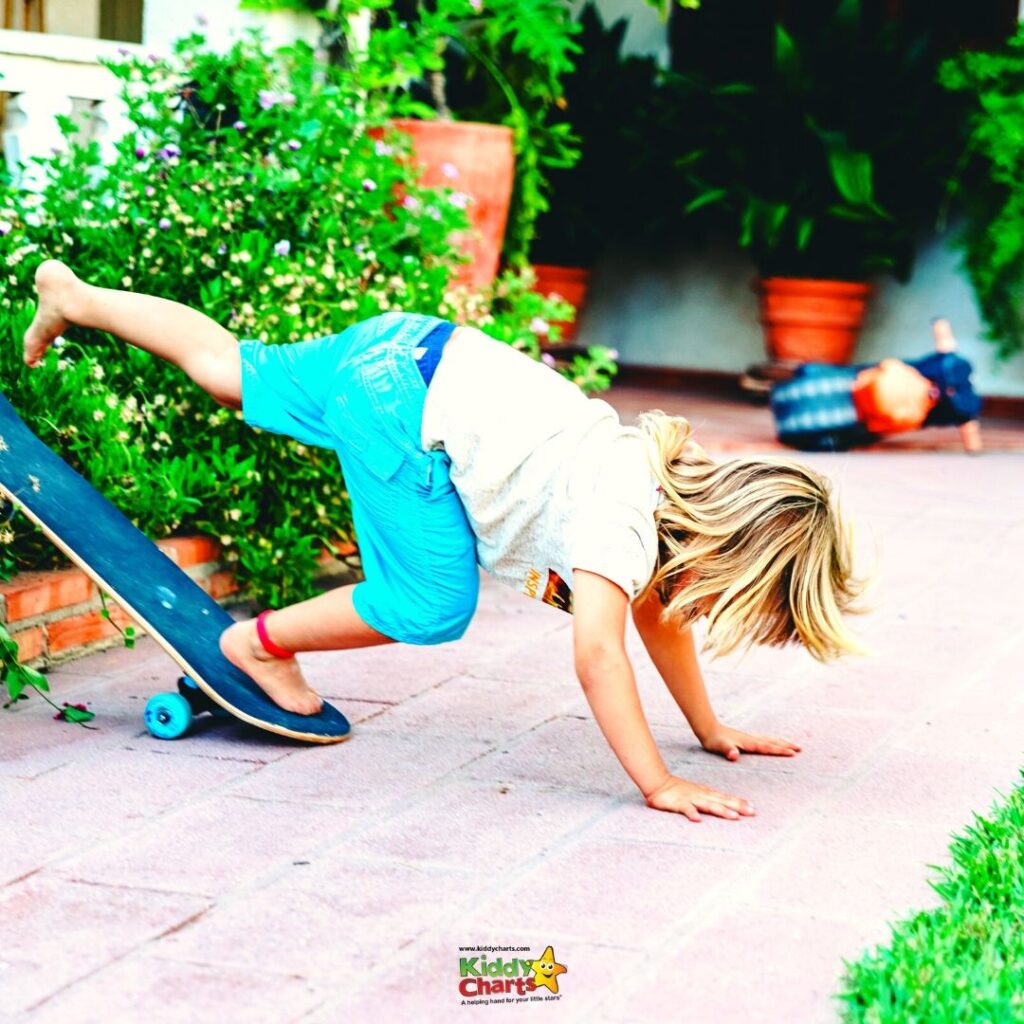
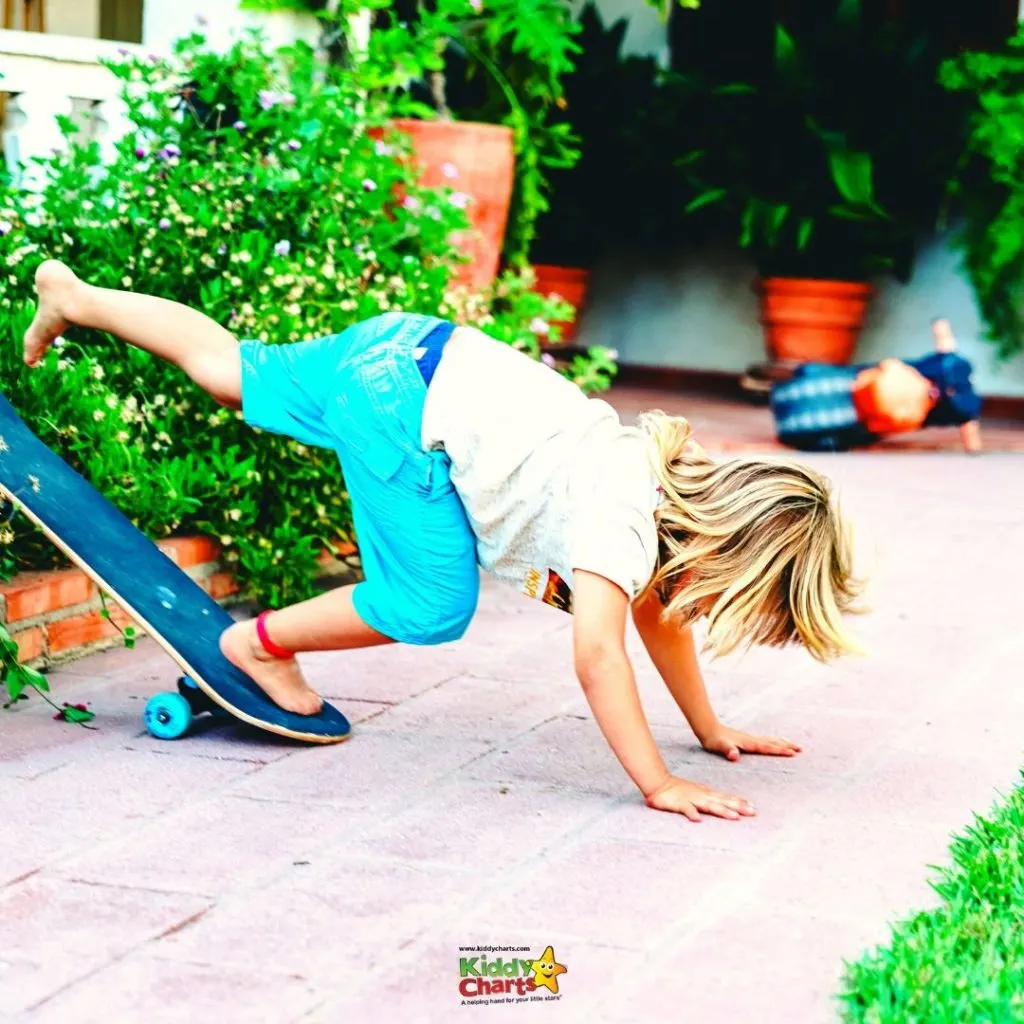
We hope you enjoyed this post and we look forward to bringing you more positive parenting posts! If you are looking for more parenting posts then make sure you check out the ones below. And do leave your comments!
Natural Consequences
Parenting: Natural Consequences for Kids
Parenting: What is the Difference Between a Consequence and a Threat?
The best 5 logical outcomes for hitting with a positive parenting approach
Before you go, don’t forget to sign up to our KiddyCharts newsletter to get more parenting tips straight to your inbox!
Helen
